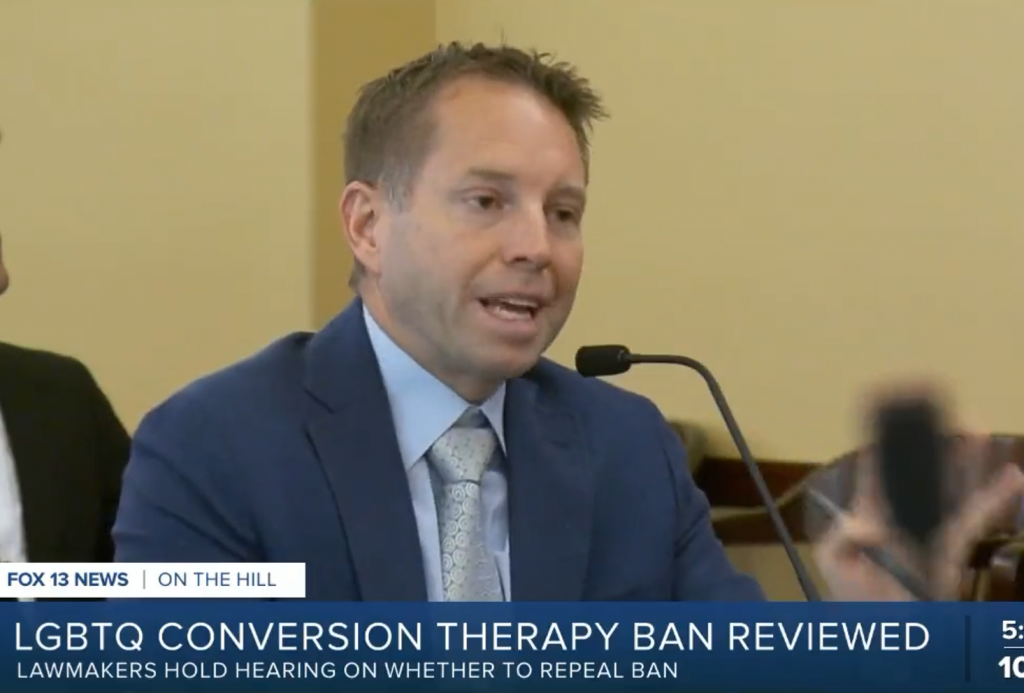
A recent article in the Salt Lake Tribune unclearly characterized my comments to the Utah State Legislature on August 18 regarding conversion therapy. I would like to clarify them. While I oppose the current version of the conversion therapy rule, I do not support conversion therapy. As a therapist, I don’t believe changing sexual orientation is an appropriate goal in therapy. But I oppose the conversion therapy rule because not only does it forbid these kinds of attempts to change sexual orientation, but also brands a much broader range of interventions as “conversion therapy,” including assisting clients who wish to manage their sexual behaviors.
Continue reading “Responding to the SL Tribune’s Mischaracterization of my Testimony on Conversion Therapy”